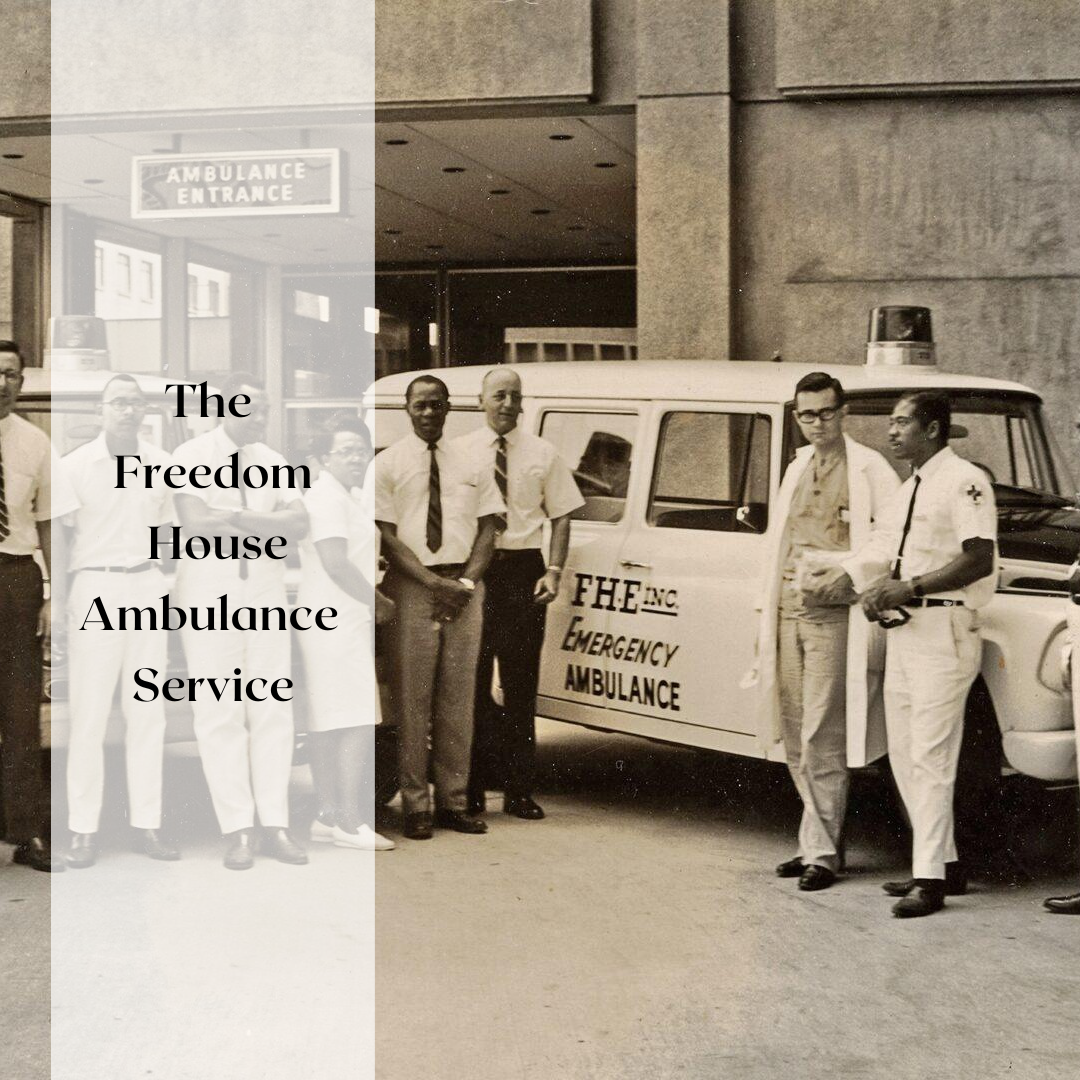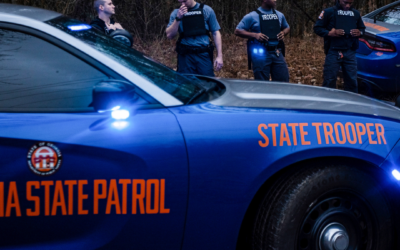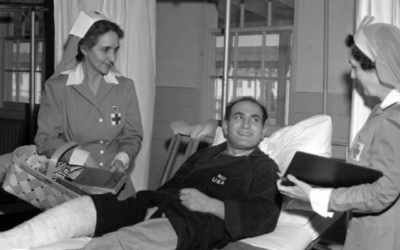OPTU is using Black History Month to learn and share the stories of Black innovators in our line of work: Emergency Response.
The Freedom House Ambulance Service (FHAS) was the first emergency medical service in the United States to be staffed by paramedics with medical training beyond basic first aid. The FHAS operated in Pittsburgh, Pennsylvania, around the late 1960s. The FHAS primarily used in the Black community of the Hill District because the community was afraid to call the police force because they were majority white. Racial tension between the community and the police department causes community members to die because they desperately need emergency medical care. The crime rates in the Hill District were increasing every day at an alarming rate.
The Freedom House, a civil rights organization, was concerned about the alarming numbers increasing and saw a problem in the community receiving correct medical treatment. The Freedom House worked with Dr. Peter Safar, a University of Pittsburgh physician, to combat the medical treatment battle. Dr. Safar was familiar with cardiopulmonary resuscitation and emphasized patient treatment’s importance. Dr. Safar aimed to teach parishioners to deliver care in emergency rooms on wheels. The Freedom House would recruit members of the Hill District community who were young black to be trained as emergency medical technicians (EMTs). In addition, Dr. Safar wanted to use EMTs for mobile intensive care units.
Dr. Safar recruited physician Nancy Caroline to lead the Freedom House Training program. The program used classroom, hospital-based, and field training to teach primary emergency medical conditions. The FHAS became the pilot course for EMS training for the U.S. Department of Transportation and the Federal Interagency Committee on Emergency Medical Services.
The FHAS was proud of their accomplishments. Previously deemed “unemployable,” many trainees pursued advanced degrees, municipal leadership and state-level administrative roles, and advanced education, medicine, and allied health training.
An inspirational example of a progressive community-development program that raises standards of excellence for all can be found in the history of Freedom House, demonstrating how physicians and a multiracial community can recognize a need for resources in Black communities. But it’s also a cautionary tale, explaining how well-intentioned leaders with their agendas can undermine the goals of Black community empowerment while co-opting the products of Black innovation. History reveals various models of community partnerships, from Safar’s top-down political sponsorship to Caroline’s bottom-up coalition work. The Freedom House Ambulance displays that it does not matter what race you are, but we can come together and work together to accomplish the same goal.







